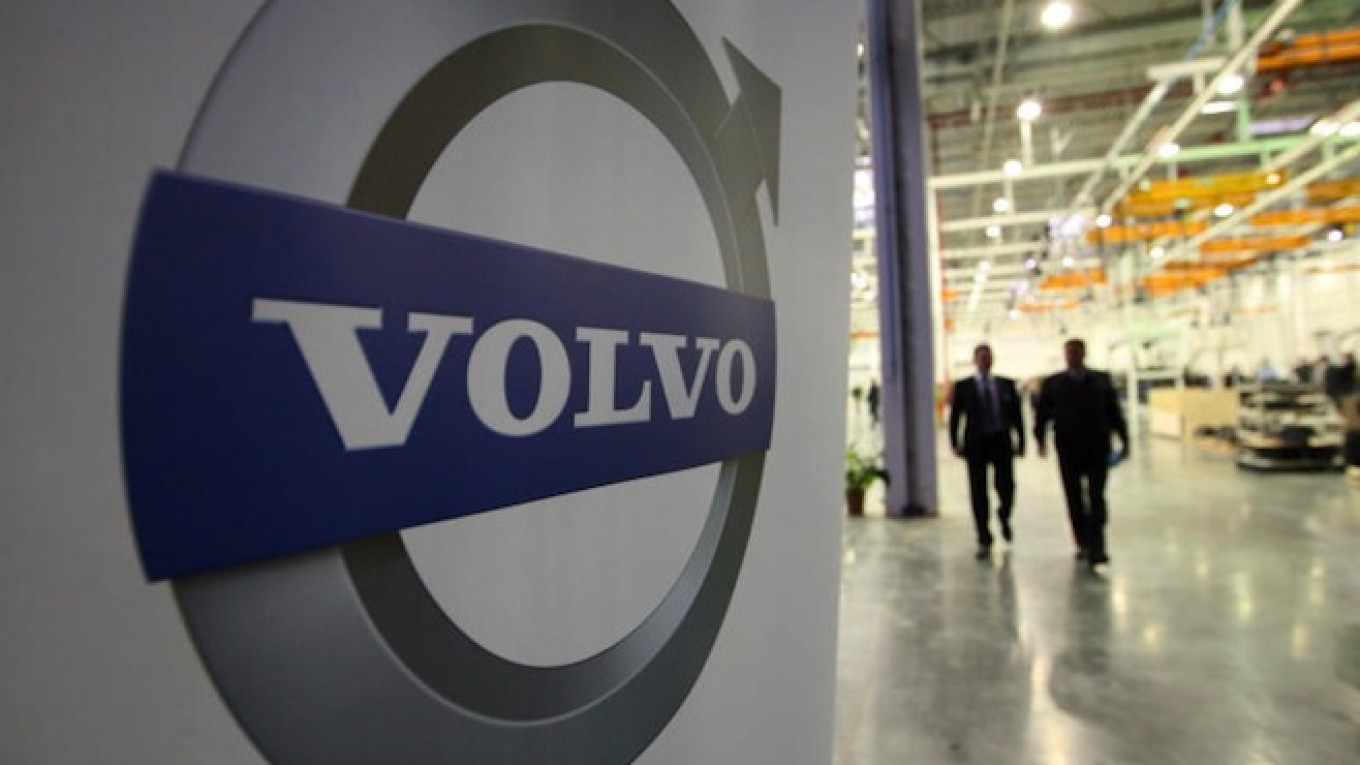Global automakers have started to export cars and auto parts manufactured in Russia after the cost of their production dropped due to the ruble's devaluation, the Vedomosti newspaper reported Wednesday.
The development of exports could help foreign car manufacturers compensate for the losses caused by a dramatic slump in sales in Russia.
The world's second-largest producer of automotive glass, China's Fuyao Glass Industry Group, has started exporting products manufactured at a plant in Russia's Kaluga region established by the company in 2013, Vedomosti reported, citing Shi Tzyun, CEO of Fuyao Glass Rus.
Germany, Belgium, France and Spain are the first foreign markets for the locally produced auto glass, Shi said at the Autoevolution international forum that took place in Kaluga on Tuesday, according to Vedomosti.
The company announced plans to export two thirds of its products manufactured in Russia two years ago, but the ruble's devaluation and the shrinking of the Russian car market accelerated export development, Vedomosti reported.
Russia's car market is currently going through tough times. The market has witnessed a sharp slump in demand during the past year due to the country's economic downturn, triggered by sanctions imposed on Russia last year over its role in the Ukraine conflict and a steep drop in global oil prices.
In the first half of the year, sales of cars in Russia dropped by 36 percent compared to the same period in 2014. Last month, sales plunged by 19.4 percent year-on-year, according to a report by the Association of European Businesses, a Moscow-based business lobby group that monitors the car market.
German car producer Volkswagen is also actively developing the export of products manufactured in Russia.
The company sells engines produced at its plant in the Kaluga region to Europe and is also planning to start the export of locally produced vehicles, the acting governor of the Kaluga region, Anatoly Artamonov, said at a meeting with President Vladimir Putin on Tuesday, according to the Kremlin's official website.
Swedish auto manufacturer Volvo also intends to deliver vehicle cabins manufactured in Russia to its foreign plants after its cabin factory resumes production at the end of September, Peter Andersson, managing director of Volvo Group Russia, said at the Autoevolution forum, according to Vedomosti.
Volvo's automobile plant in the Kaluga region will resume work on Oct. 1, Andersson said.
Volvo temporarily suspended production in Russia in February, according to the RIA Novosti news agency. The company attributed the decision to the unfavorable situation on the market and a slump in demand.
Volvo is not the only foreign car manufacturer to have suspended or reduced production in Russia or cut exports to the country amid falling sales.
In March, the South Korean car manufacturer SsangYong suspended sales in Russia, Reuters reported. In the same month, the U.S.'s General Motors announced the suspension of sales of Opel and Chevrolet in Russia. In July, the company stopped production at its only Russian plant in St. Petersburg, the RBC newspaper reported.
Contact the author at a.bazenkova@imedia.ru
A Message from The Moscow Times:
Dear readers,
We are facing unprecedented challenges. Russia's Prosecutor General's Office has designated The Moscow Times as an "undesirable" organization, criminalizing our work and putting our staff at risk of prosecution. This follows our earlier unjust labeling as a "foreign agent."
These actions are direct attempts to silence independent journalism in Russia. The authorities claim our work "discredits the decisions of the Russian leadership." We see things differently: we strive to provide accurate, unbiased reporting on Russia.
We, the journalists of The Moscow Times, refuse to be silenced. But to continue our work, we need your help.
Your support, no matter how small, makes a world of difference. If you can, please support us monthly starting from just $2. It's quick to set up, and every contribution makes a significant impact.
By supporting The Moscow Times, you're defending open, independent journalism in the face of repression. Thank you for standing with us.
Remind me later.


